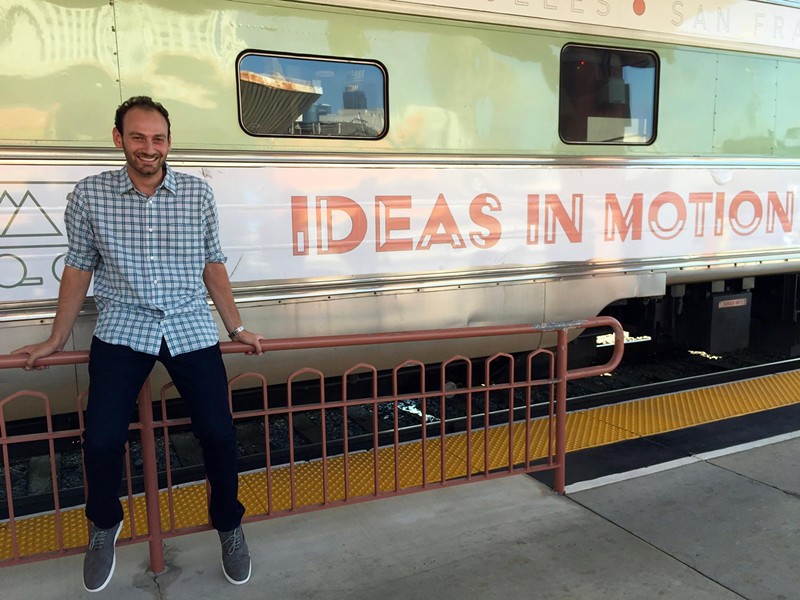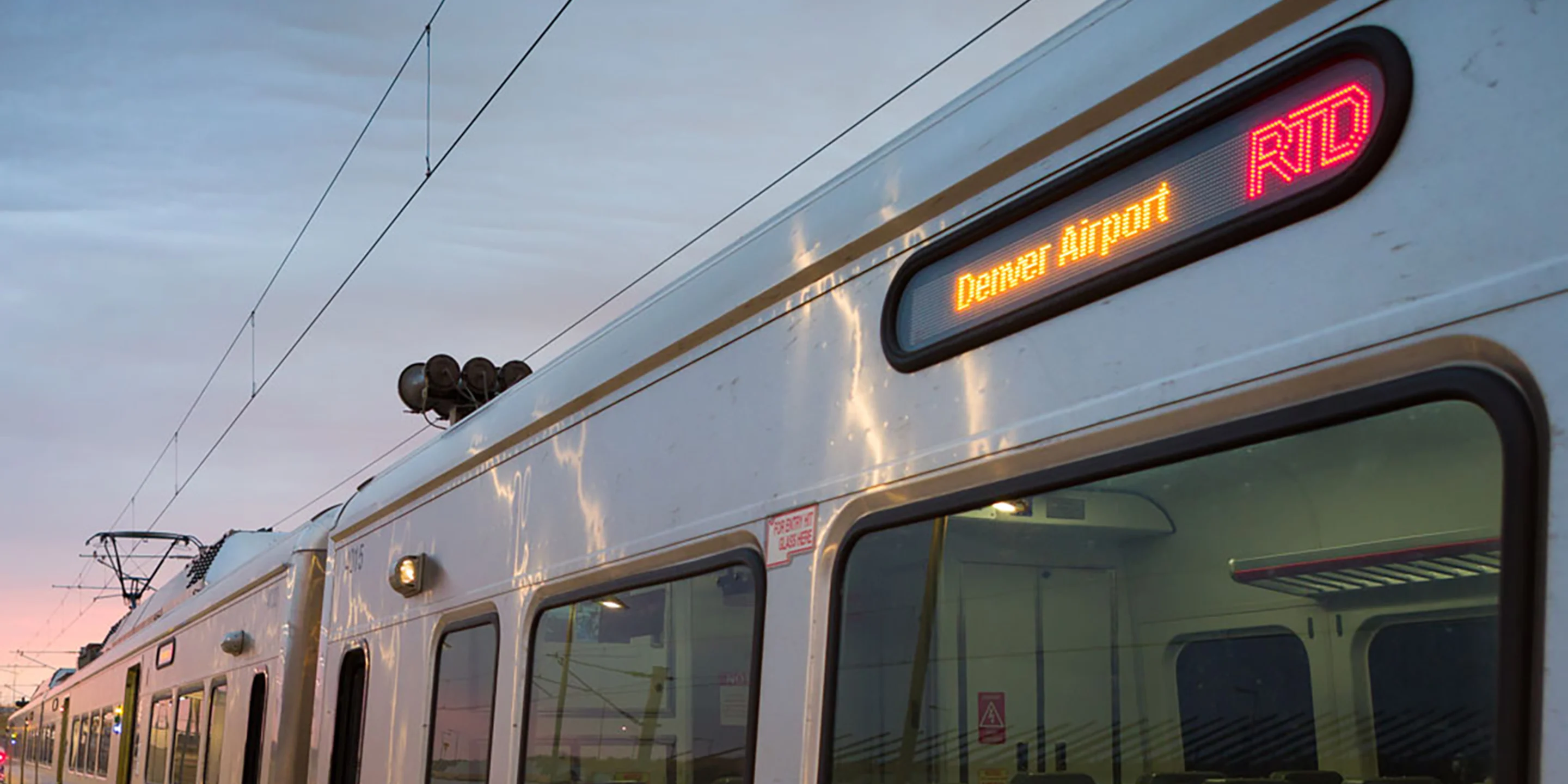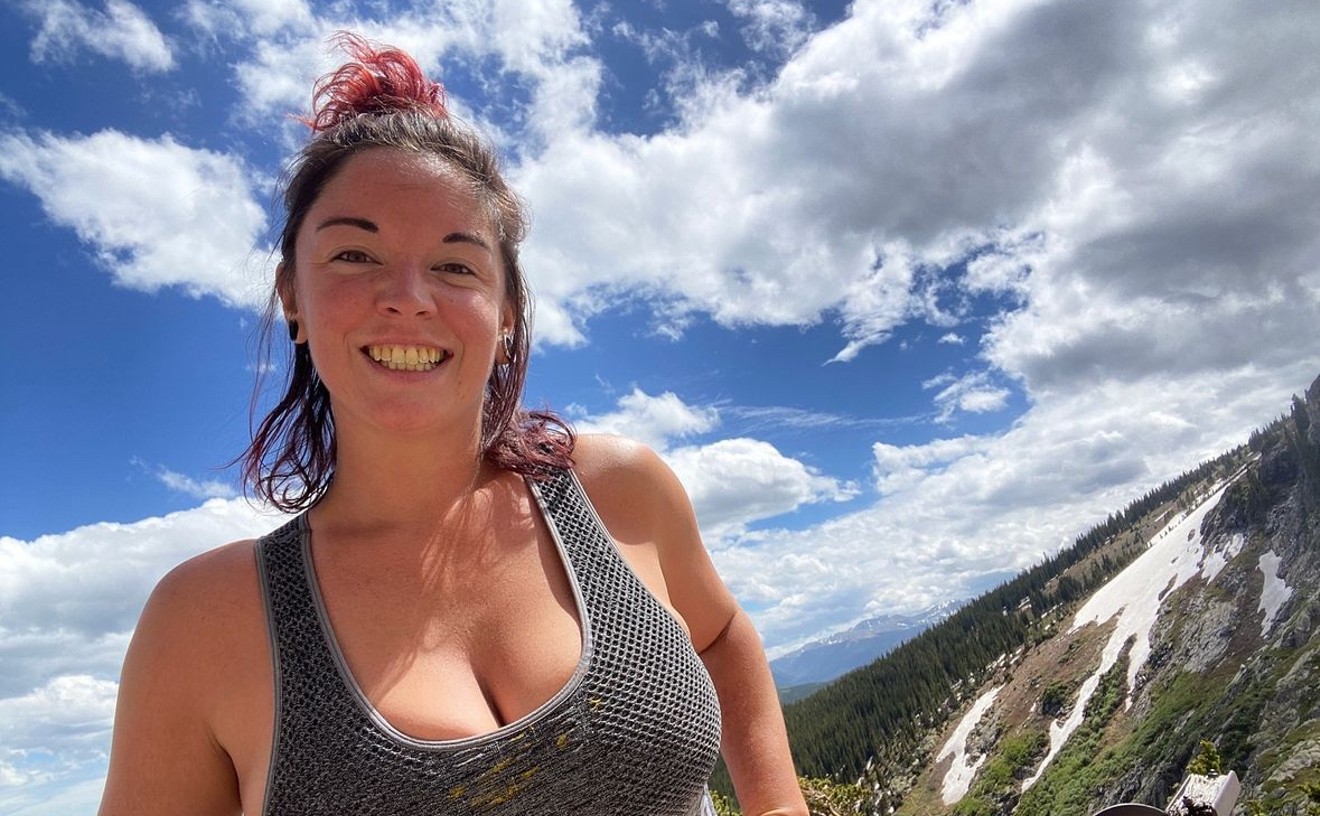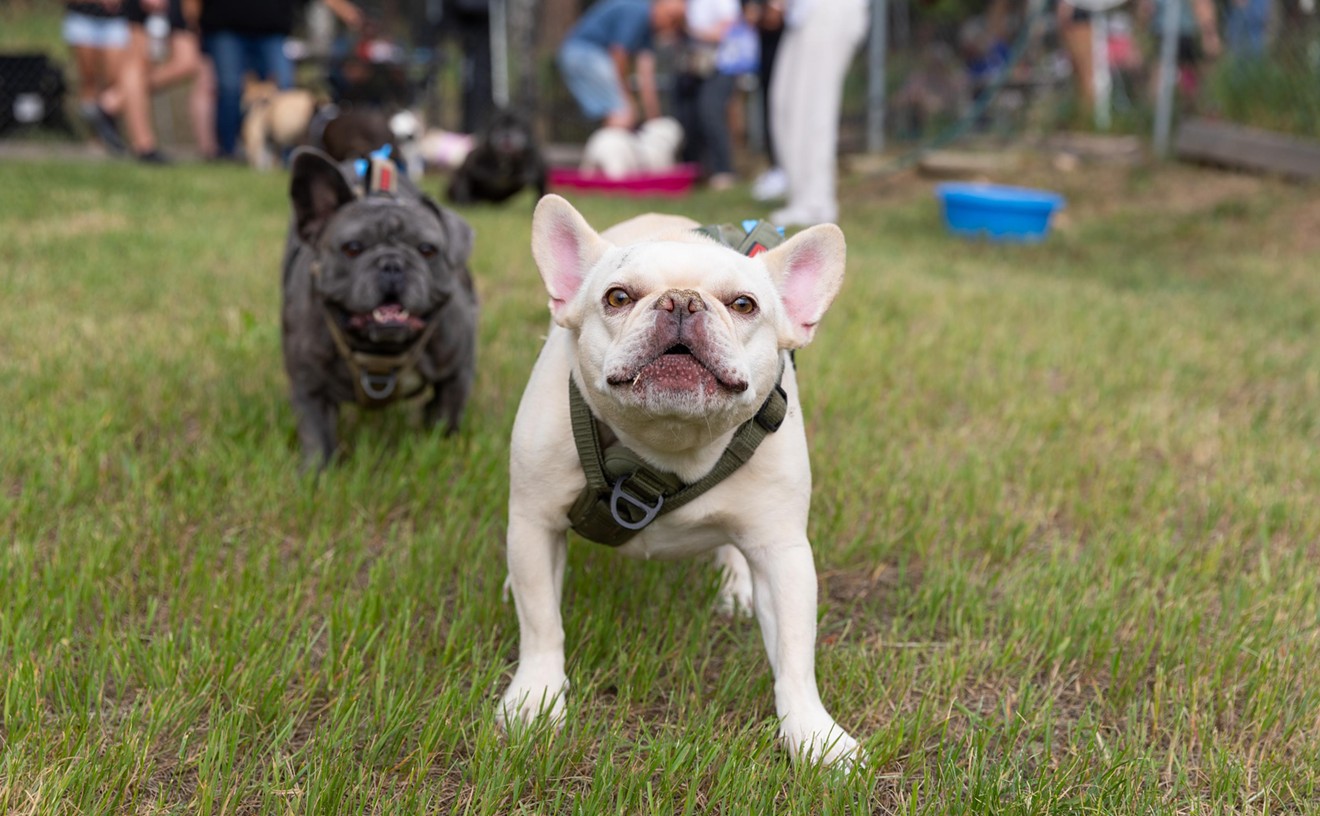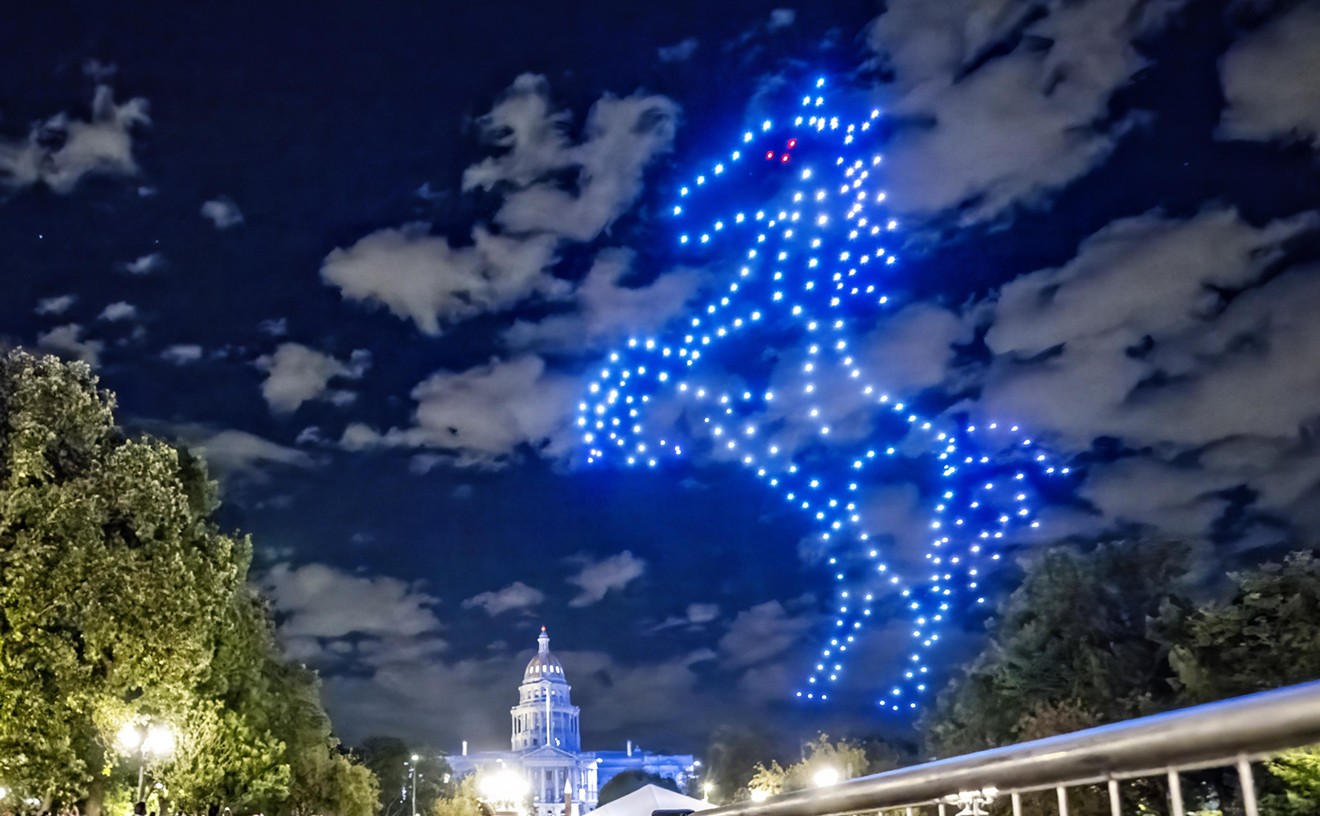"We want to fund people who we know can take $1,000 and do incredible things with it," Rollinger says. "I think for a lot of people, we see grants of $5,000 or $10,000 or $1,000,000, but there are so many people and efforts going on across Denver and across the world where $1,000 can change the way the community engages with a specific subject or a neighborhood or can launch someone into the stratosphere in terms of achieving their goals."
We spoke with Herman and Rollinger before their Denver Interest Meeting, set for today, Monday, March 5, to discuss the local chapter of the Awesome Foundation.
Westword: Why do you think putting money into smaller projects, individuals or overlooked businesses and entrepreneurs is so important for the community?
Harris Rollinger: I think it’s kind of twofold. As someone who recently moved to Denver, I know that I’m part of this problem, but I think that it’s both a problem and an opportunity. There is so much talent in Denver right now, and there are also a lot of legacy institutions and organizations. Given the amount of talent that is here, I think there are people going unnoticed in terms of their work and their projects. One of our goals within this work is to engage the broader community. So our aim is that four times a year or once a quarter, instead of just the board making decisions as to who should receive the funding, we are going to invite the community to participate with us through a model that’s very similar to Detroit Soup. We will hopefully be able to have food donated, and each person who attends the dinner will donate the amount of money they would’ve paid for the meal. The money goes into a pot, and each person gets a vote. As a community, we would vote on three to five organizations that would pitch or present that evening, and then the community would make the decision. We really do feel there are organizations that are overlooked, but also organizations and individuals that the community doesn’t know about. And if they were given the opportunity or at least a platform to showcase who they are, they would be supported.
We don’t want this to be a group of people in a room that nobody knows about. We want to help the community move forward with what they think is important as well. I think that can get overlooked in cities like Denver, where things are moving so fast and there is a big influx of tech. Sometimes you lose track of which businesses are opening, which businesses are closing, and who has ideas. We really think this is an opportunity to shed a light on somebody who might not have gotten their shot yet. We think it’s important that other funding organizations take notice as well. Some of the bigger foundations or social impact organizations can take a look at some of the things that we’re funding and think differently about some of their funding priorities.
Amy Herman: My impulse is to create an opportunity to lower the barrier of risk for creative professionals. I think that the funding for arts and cultural projects in Denver is largely focused on formal institutions and organizations. My heart is more interested in giving agency and opportunity to small-scale projects that have big impact and giving people another financial mechanism to actualize those projects that aren’t necessarily associated with existing organizations. The beauty of this platform is that [the funding] can go to an individual who has an idea; it doesn’t have to be formal. I think of it as an infusion of risk capital in support of creative endeavors that Denver does not currently have.
Rollinger: I’m also hopeful that in building out the board, we will get to build community among people who are like-minded, people who want to fund this kind of stuff as well, because sometimes it can feel a little fragmented. One of the best parts of this process for me has been getting to know and become friends with people like Amy. … I think it’s a great way for us, among the Awesome Foundation board that comes to be, to build community between us and the broader community of Denver across different neighborhoods and people who are interested in things like this. A lot of times, philanthropy or investment can feel quiet or like you’re in it alone, and we don’t want it to feel like that. We want people to feel like they’re investing together as a group, and I think that this is a great way for us to accomplish that.
Herman: I one-hundred-percent agree with that. It’s about building community capacity and community competence in order to do creative work collaboratively.

The Denver chapter of the Awesome Foundation will launch with an event on Monday, March 5.
Courtesy of Amy Herman
Herman: Some of the key pieces of our local chapter that we’re trying to create is gender parity on our board, 40 percent focus on minorities and really fostering a spirit of diversity and inclusion from the very beginning. If you start looking at the boards for arts and culture, it’s shocking that there aren’t as many with a sizable budget that actually feature people of color. For example, we want to start with the board process to engage that. A piece of what we’re up to is: “Who wants to be part of the conversation?" There are a lot of people who I think have felt very left out of that conversation. In a lot of ways, Denver’s creative community is siloed. How does a creative project in Five Points look different than a creative project in La Alma? And creating opportunities for textures and neighborhood influence — that’s of great interest to me, personally.
Rollinger: I think that the feelings Amy and I have around building community, to engage the community and making it a participatory process, not a top-down process, is a feeling that a lot of people who are in their twenties, thirties, forties have right now and that the community of Denver is hungry for. We don’t want this board to look like any other board or our community to look like every other funder community. We want this to be representative of the interests of people in Denver. Obviously we are going to encourage anyone and everyone to apply.
But also as the Awesome Foundation evolves and grows, it’s entirely possible that we may target a specific neighborhood that month because we’ve met with constituents from that community and they’re looking for a mural to go up, or to another [neighborhood] looking for a combination of art and urban farming, and so maybe we would target that. We really want to figure out ways that we’re representing the community voices first and not just our own. Based on the conversations we’ve both had with community members and friends, people have said how hungry they are for these kinds of community initiatives to raise up the voices of others and also build connection among one another. We’re all really hungry for feelings of belonging and becoming — belonging to something bigger than you and fostering growth. I think this has the potential to do that if we do it the right way. I’d be lying if we said we’re going to get it perfect right off the bat. I think we always know we’re going to make mistakes, and it’s not going to be super-smooth right off the bat. Things rarely are. But we’re going to do our best to make sure that we’re always putting community first and the people who are applying and making sure their voices are heard. We’ll keep iterating and going from there.
What potential do you see in the creative community specifically, and what it can contribute to the growth of the city?
Herman: I can imagine that $1,000 might provide the basic access to capital that someone needs to develop a small business. It could look like creating a product that is gifted to people in the neighborhood to elicit their feedback about a food product, and suddenly they have enough market research to launch a business. It could look like having a block party and getting to know your neighborhoods and having a more resilient neighborhood feel and feeling safer. It’s interesting, because what we’re cultivating here has potential for a lot of social power. Social power is not necessarily one thing. It is generative and relationship-based. It could look like suddenly there is a neighborhood Denver Public Library that has a seed-exchange program or the Denver Tool Library has a music-instrument arm suddenly. There are so many ways that this could go. The beauty of it is that the individuals, organizations and people who are on the ground experiencing their corner of community in a unique way have that freedom and creative license to imagine what could make life bigger and better.
Awesome Foundation Denver Interest Meeting, 6 p.m. Monday, March 5, Denver Bicycle Cafe, 1300 East 17th Avenue, 720-446-8029.

